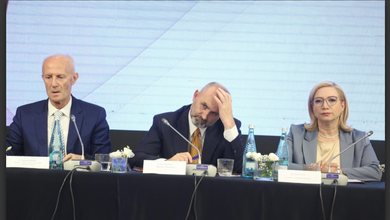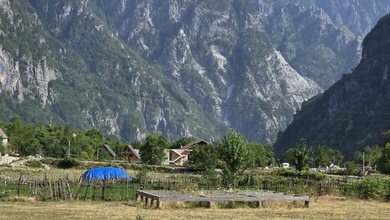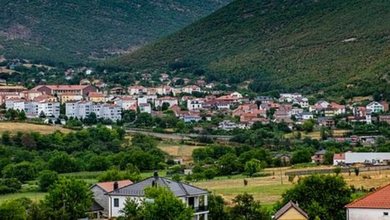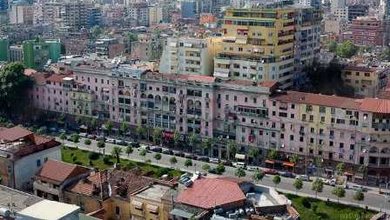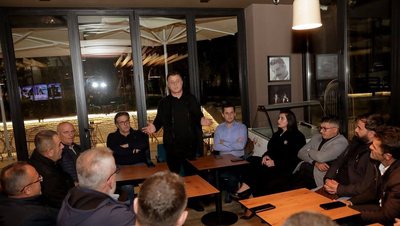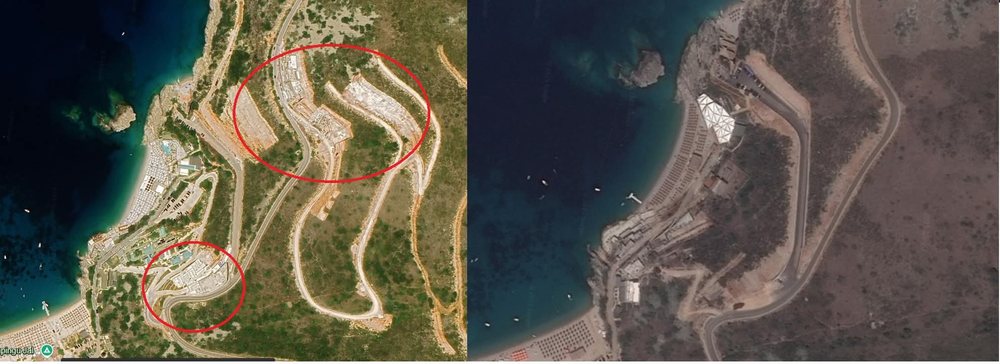
Researcher and analyst Afrim Krasniqi has brought back into focus one of the most sensational actions of the "Rama 1" government, launched in October 2013: the campaign to control the territory and ban illegal construction, especially in coastal areas.
At that time, the newly elected government approved the creation of a Task Force for the Protection of the Territory, under the leadership of the Minister of the Interior. The goal was clear: to stop the abuse of public spaces, punish lawbreakers, and establish order in urban development.
The Prime Minister of the time forcefully declared to the National Council for Territorial Regulation (NCTR):
"The Albanian coast, which is also one of the greatest assets that this country inherits, sometimes with permission and sometimes without permission, has developed in a flow that must ultimately be stopped."
According to Krasniqi, this statement found public and professional support at the time. Control of the territory, the fight against abusive construction and an anti-corruption approach were considered minimum conditions for the rule of law, a market economy and sustainable development.
But the balance after 12 years shows a different reality.
"Jala 2013 – Jala 2025", says Krasniqi, is the symbolic picture of failure. The Task Force that started with enthusiasm, ended with scandals.
Several of the key figures in the action ended up accused of corruption or abuse of office. One of them, the head of the Task Force, ended up in prison. Another, who coordinated the takeover of coastal areas, acquired property in wealthy areas himself and later became an MP, being promoted to high positions within the party.
Moreover, according to Krasniqi, "the one who promised the end of the coastal massacre, with a stroke of a pen, created new owners of the sea and land. The coastlines were privatized, from Velipoja to Butrint, in favor of the clients of the government."
In his analysis, the researcher describes this process as a typical illustration of institutional degradation and authoritarianism based on corruption.
"Restoration of the law? Free market economy? Urban renaissance? Sustainable development? An end to abuse? They were promises. Once translated into votes, they lost their function and turned into slogans for public consumption," he writes.
Afrim Krasniqi concludes the analysis with a clear message:
"This is how it started!", emphasizing that to build a functional state, sensational campaigns and strong statements are not enough, but independent institutions, law enforcement, and real transparency are needed.


